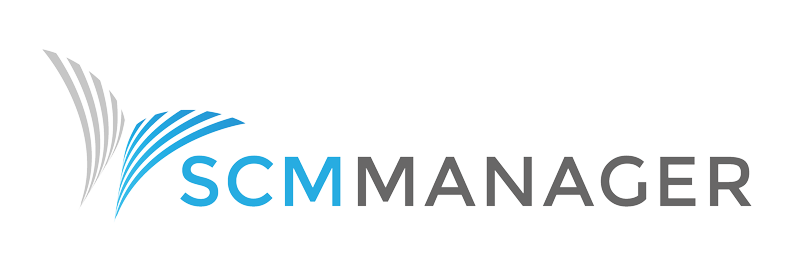scm-redmine-plugin
This plugin integrates Redmine to SCM-Manager.
Usage
Find out how this plugin can be used on the user documentation page.
Local development
When you first start the Redmine server using docker-compose up, you have to enable API requests for the server.
This can be done in Redmine under "Administration" -> "Settings" -> "API" -> "Enable REST web service".
Build and testing
The plugin can be compiled and packaged with the following tasks:
- clean -
gradle clean- deletes the build directory - run -
gradle run- starts an SCM-Manager with the plugin pre-installed and with livereload for the ui - build -
gradle build- executes all checks, tests and builds the smp inclusive javadoc and source jar - test -
gradle test- run all java tests - ui-test -
gradle ui-test- run all ui tests - check -
gradle check- executes all registered checks and tests (java and ui) - fix -
gradle fix- fixes all fixable findings of the check task - smp -
gradle smp- Builds the smp file, without the execution of checks and tests
For the development and testing the run task of the plugin can be used:
- run -
gradle run- starts scm-manager with the plugin pre-installed.
If the plugin was started with gradle run, the default browser of the os should be automatically opened.
If the browser does not start automatically, start it manually and go to http://localhost:8081/scm.
In this mode each change to web files (src/main/js or src/main/webapp), should trigger reload of the browser with the made changes.
Directory & File structure
A quick look at the files and directories you'll see in an SCM-Manager project.
.
├── node_modules/
├── src/
| ├── main/
| | ├── java/
| | ├── js/
| | └── resources/
| └── test/
| ├── java/
| └── resources/
├── .editorconfig
├── .gitignore
├── build.gradle
├── CHANGELOG.md
├── gradle.properties
├── gradlew
├── LICENSE.txt
├── package.json
├── README.md
├── settings.gradle
├── tsconfig.json
└── yarn.lock-
node_modules/: This directory contains all modules of code that your project depends on (npm packages) are automatically installed. -
src/: This directory will contain all code related to what you see or not.srcis a convention for “source code”.main/java/: This directory contains the Java code.js/: This directory contains the JavaScript code for the web ui, inclusive unit tests: suffixed with.test.tsresources/: This directory contains the classpath resources.
test/java/: This directory contains the Java unit tests.resources/: This directory contains classpath resources for unit tests.
-
.editorconfig: This is a configuration file for your editor using EditorConfig. The file specifies a style that IDEs use for code. -
.gitignore: This file tells git which files it should not track / not maintain a version history for. -
build.gradle: Gradle build configuration, which also includes things like metadata. -
CHANGELOG.md: All notable changes to this project will be documented in this file. -
gradle.properties: Defines the module version. -
gradlew: Bundled gradle wrapper if you don't have gradle installed. -
LICENSE.txt: This project is licensed under the MIT license. -
package.json: Here you can find the dependency/build configuration and dependencies for the frontend. -
README.md: This file, containing useful reference information about the project. -
settings.gradle: Gradle settings configuration. -
tsconfig.jsonThis is the typescript configuration file. -
yarn.lock: This is the ui dependency configuration.
Need help?
Looking for more guidance? Full documentation lives on our homepage or the dedicated pages for our plugins. Do you have further ideas or need support?
-
Community Support - Contact the SCM-Manager support team for questions about SCM-Manager, to report bugs or to request features through the official channels. Find more about this here.
-
Enterprise Support - Do you require support with the integration of SCM-Manager into your processes, with the customization of the tool or simply a service level agreement (SLA)? Contact our development partner Cloudogu! Their team is looking forward to discussing your individual requirements with you and will be more than happy to give you a quote. Request Enterprise Support.
